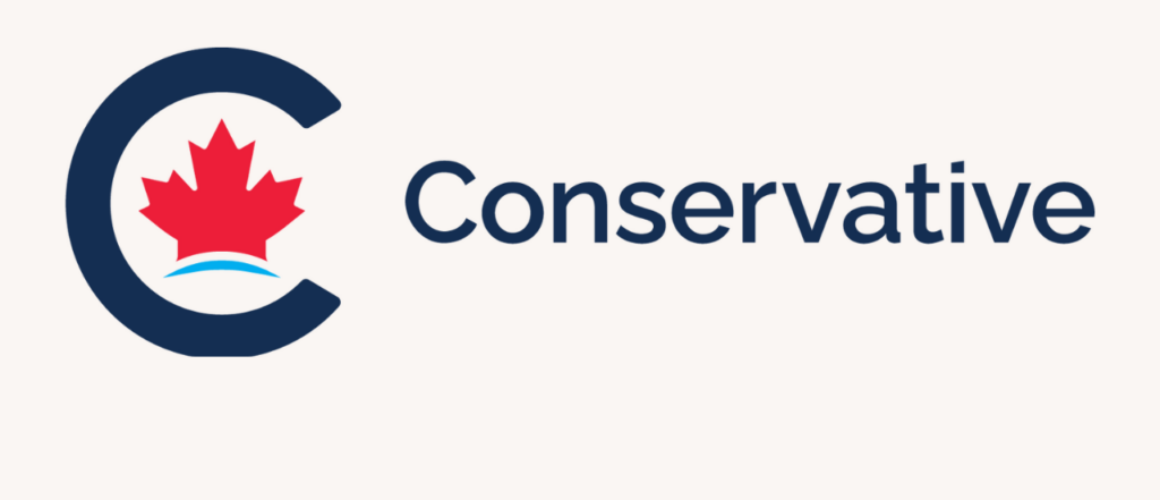Rebuilding the Conservative Party: The Road After Defeat
Ottawa, ON – After a stunning electoral defeat in April 2025, the Conservative Party of Canada finds itself at a critical juncture. The fall of Pierre Poilievre from a commanding 20-point lead in the polls to losing his own seat has not only shocked political insiders—it has also sparked an urgent need for structural introspection, leadership reassessment, and ideological realignment.
Despite dominating Alberta, Saskatchewan, and rural Ontario, the Conservatives failed to build a coalition broad enough to challenge the Liberals’ urban strongholds or appeal to centrists. Now, with Liberals holding a majority under the calm and competent leadership of Mark Carney, the CPC must decide: will it reform to match a changing Canada, or retreat further into ideological fortresses?
Leadership Reckoning: What Went Wrong?
The first question haunting party insiders is simple: Should Poilievre stay?
Supporters argue that he built an unprecedented digital base, reinvigorated Conservative youth outreach, and forced mainstream parties to debate serious economic concerns like inflation and housing. Yet, detractors claim his confrontational style, obsession with “freedom” rhetoric, and isolationist campaign strategy cost the party the center.
Leadership review calls have already begun, particularly from Ontario and Quebec conservatives, who fear another Poilievre campaign will doom the party to permanent opposition. Speculation is swirling around possible successors, including:
-
Michelle Rempel Garner – A centrist Alberta MP with progressive social views and strong media presence
-
Pierre Paul-Hus – A Quebec MP fluent in both languages and capable of restoring the party’s appeal in francophone Canada
-
Brad Wall (retired) – The former Saskatchewan Premier, known for his pragmatic conservatism, is rumored to be quietly testing support
A leadership convention could be announced by fall 2025, with formal voting in early 2026.
Platform Rebuild: Rethinking Conservatism in a New Era
Critics of the 2025 platform note it was thin, reactionary, and late—offering slogans over solutions. Proposals to defund the CBC, abolish the carbon tax, and introduce cryptocurrency as policy cornerstones were seen as niche and divisive, failing to resonate with mainstream voters focused on cost-of-living, healthcare access, and national unity.
To rebuild trust, the party must:
-
Return to fiscal conservatism that balances responsibility with compassion
-
Present concrete housing plans, not just deregulation slogans
-
Modernize its climate stance to support innovation, not just oil
-
Embrace inclusive language while holding to traditional principles
In short, the CPC must become the party of smart governance—not just loud opposition.
Expanding the Base: From Rural Strongholds to Urban Outreach
The Conservative Party’s 2025 map was a tale of two Canadas: blue in rural provinces, red in the cities. This urban-rural divide is dangerous for national parties, especially with over 80% of Canada’s population living in metropolitan areas.
Key voter groups the CPC failed to capture:
-
New Canadians: Immigrants largely favored the Liberals due to perceived inclusivity
-
Women under 45: The CPC’s stance on healthcare and childcare alienated many
-
Quebec voters: The party’s messaging was poorly localized and lacked charisma
To rebuild, the CPC must develop urban policies that don’t feel anti-city. Transit, tech innovation, multiculturalism, and housing affordability must become central, not peripheral, in its next platform.
Internal Culture Shift: Less Anger, More Ideas
Poilievre’s rise was fueled by frustration—against inflation, media, mandates, and elites. But the 2025 election showed that anger alone can’t win elections. Canadians want stability, clarity, and respect—even when they disagree.
Party strategists are urging a shift in tone: from attack-dog politics to constructive opposition. The next leader will need to debate with reason, not sarcasm, and show Canadians that Conservatives can govern as well as they criticize.
Moving Forward
The road back for the Conservatives won’t be short, but it is navigable. With a strong foundation in the West, a modernizing youth base, and a new generation of policy thinkers waiting in the wings, the party can recover.
But to do so, it must stop asking how to defeat Liberals, and start asking how to reflect Canadians. Because in the end, parties that win aren’t just right—they are relatable.
